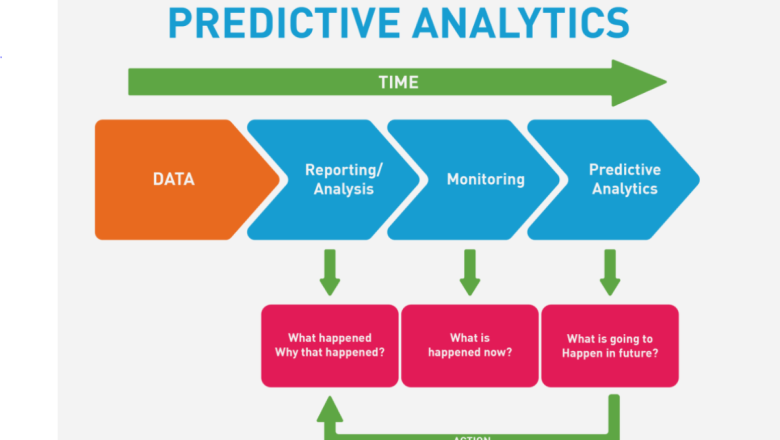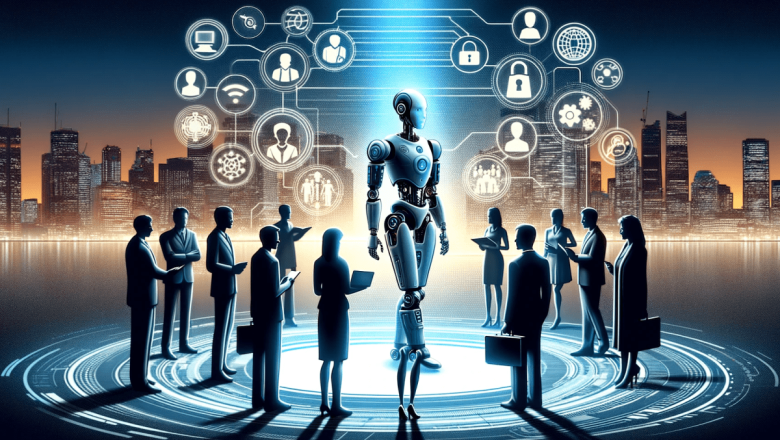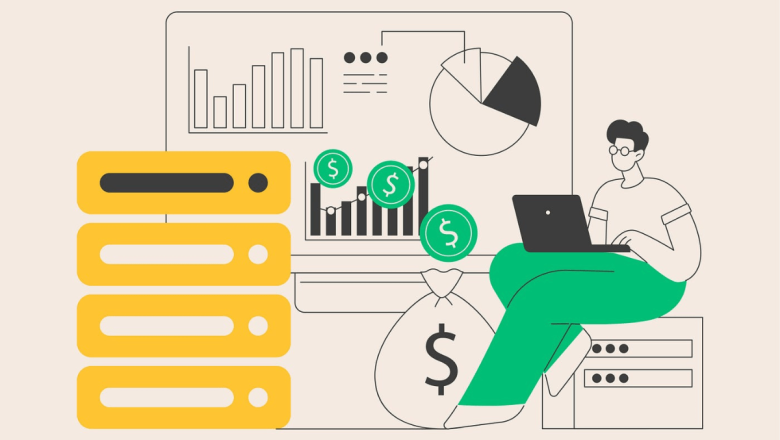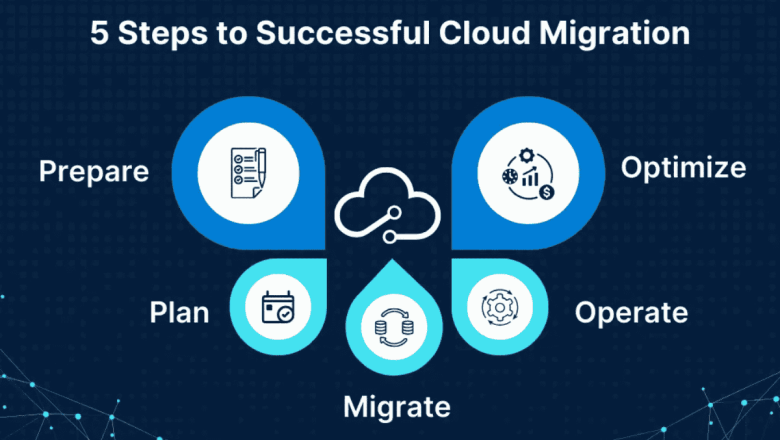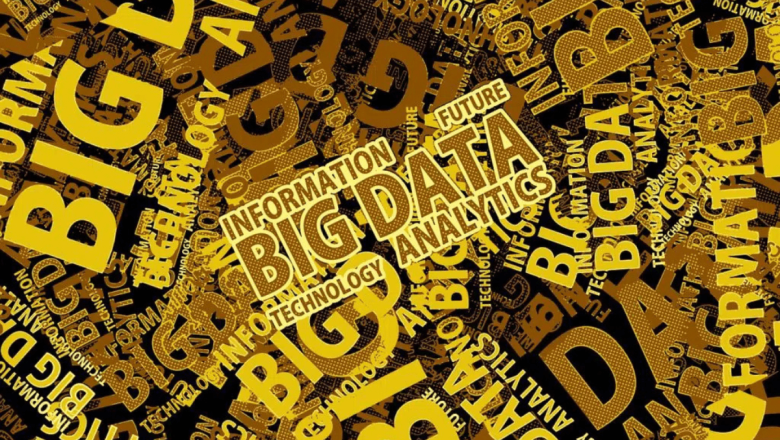
The Economics of Remote-First Companies
What Does It Mean to Be a Remote-First Company?
A remote-first company is one that prioritizes remote work as the default mode of operation. Instead of relying on physical offices, these companies build their systems, culture, and workflows around flexibility and digital collaboration.
This model is not just a trend—it’s an economic strategy that helps businesses optimize costs and attract talent from across the globe.
How Remote Work Reduces Operational Costs
One of the biggest economic advantages of remote-first companies is the reduction in overhead costs. Without large office spaces, businesses save on rent, utilities, and maintenance.
Companies also cut expenses related to commuting, in-office perks, and relocation packages. These savings can then ...

